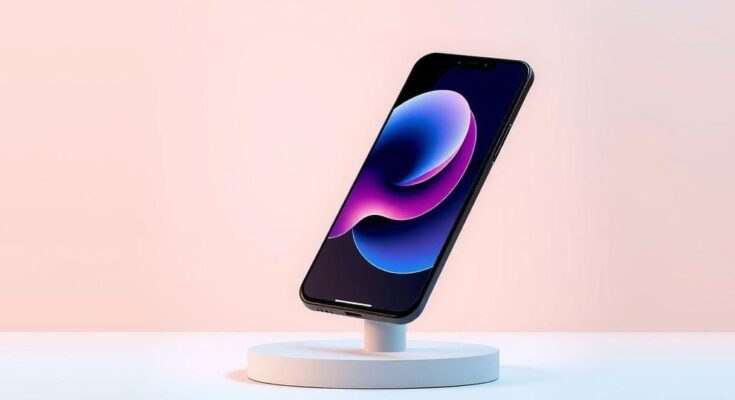The South African government will eliminate luxury taxes on smartphones under R2,500 from April 2025 to promote digital access for low-income households. This change aims to enhance affordability while coinciding with the planned shutdown of 2G and 3G networks by December 2027. Communications Minister Solly Malatsi indicated that reduced excise duties could lower smart device costs, despite concerns about a widening digital gap for low-income users.
The South African government plans to eliminate luxury excise duties on smartphones priced below R2,500, effective April 1, 2025, aiming to facilitate digital adoption among low-income households, according to the National Treasury’s budget statement. Presently, a 9% ad valorem excise duty is applied to smartphones, which the government intends to limit to devices exceeding the R2,500 threshold in the future. This initiative is intended to improve smartphone accessibility for economically disadvantaged groups and enhance digital inclusion.
This legislative change coincides with South Africa’s decision to phase out 2G and 3G networks by December 31, 2027, to allocate radio frequencies for accelerated 4G/LTE and 5G networks. However, critics have raised concerns that discontinuing older networks may widen the digital gap, as many low-income consumers, especially in remote regions, may struggle to afford the latest smartphones capable of supporting advanced networks.
Communications Minister Solly Malatsi acknowledged that the excise duties significantly contribute to the high cost of smart devices, noting his discussions with the Treasury to reduce these taxes. The government’s actions reflect a commitment to fostering digital connectivity and inclusion among all South African households.
The decision by the South African government to eliminate luxury taxes on affordable smartphones represents a strategic move to enhance digital accessibility for low-income households. As the nation prepares to retire older network systems, this policy change could mitigate some financial barriers to obtaining necessary technology, although concerns about the digital divide remain. Future discussions and measures will be crucial in ensuring that all South Africans can participate in the digital economy.
Original Source: techcentral.co.za




